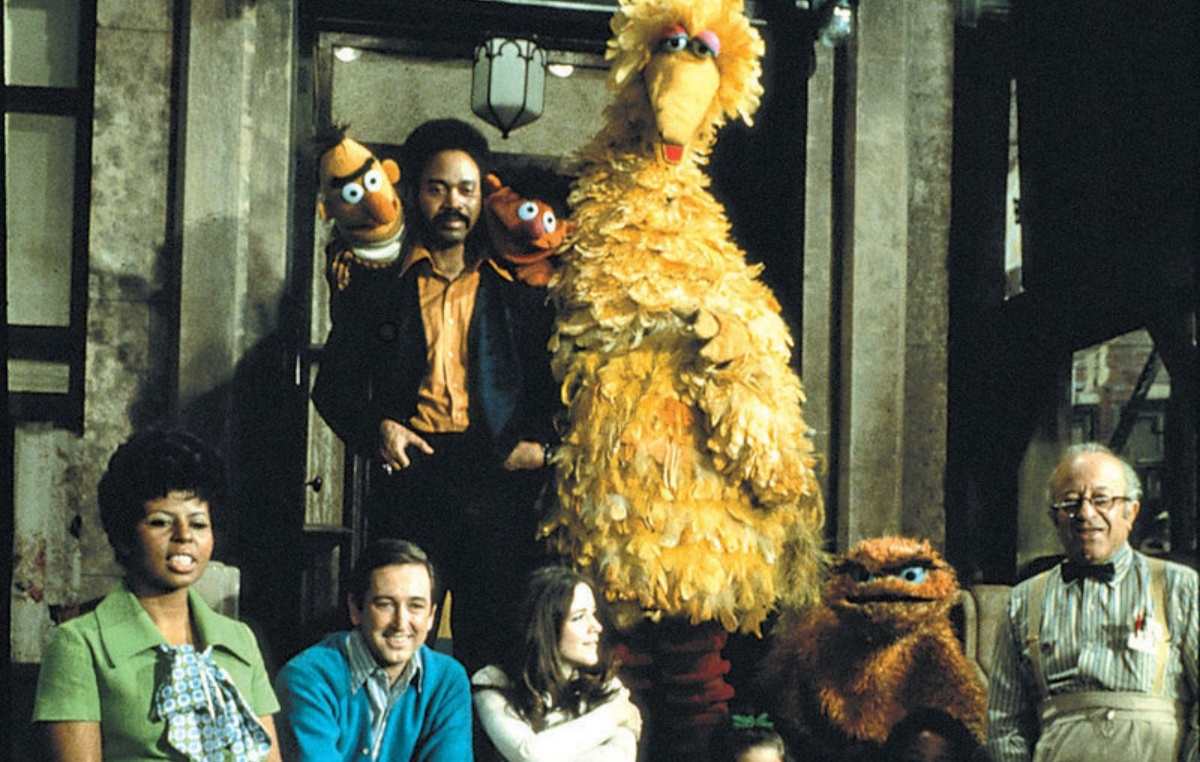Grab Your Tissues! HBO’s Documentary Street Gang Explores Sesame Street’s Legacy.
Grab Elmo's Blanket and let's GOOOOO!


As many were finishing grocery shopping and packing suitcases for a long holiday weekend last week, HBO casually dropped a trailer for their upcoming documentary entitled Street Gang. In speaking with former creatives behind the hit show, Street Gang traces the founding and success of the public-access television experiment that defined three generations and counting: Sesame Street.
Even before accounting for my personal history with the show (that mirrors hundreds of millions of people), this trailer is beautifully edited and hits all the beats. The score tears your heart apart while also piecing it back together. We’re pumped with nostalgia through the melody, educated in some of the forces behind the children’s show (with familiar faces like Frank Oz and Jim Henson), and filled with unsurprised disgust about how conservatives received the show (from the jump).
Yes, I’m talking about the 1970s. This didn’t start with the 2010s, when high-profile Republicans pushed to stop subsidizing PBS’s budget, or in the 2020s, when episodes were barred from school use for teaching about racism, or even when Ted Cruz called Big Bird’s promotion of safe COVID-19 vaccines “propaganda”.
Yes, even existing is political
The trailer features a 1970s news voiceover that mentions affluent white southerners (specifically in Mississippi, the home state of Henson and the state with one of the highest percentages of Black citizens) who disliked the number of Black performers on the program, reminding us of the power of representation. Trolls like to act like “representation matters” is just a slogan pulled from Tumblr when, in fact, Sesame Street’s history is a clear case of the value of representation—and the reaction of those who benefit from the status quo.
While they didn’t cover it in the trailer, I hope they also discuss the shortcomings and how Sesame Street addresses these valid critiques. In the early ’70s, the show had a habit of putting Latinx folks into homogeneous stereotypes, and there were issues with women in the writers’ room not having a voice in how their work was changed on set.
In the 2010s, the show addressed issues stemming from the opioid crisis (an epidemic affecting primarily white Americans) while, as our own Princess Weekes pointed out, they dropped the ball a bit by not giving the same care to the crack epidemic of the ’80s and ’90s that affected the same inner-city kids the show aimed to represent.
Sometimes being more reactive versus proactive, Sesame Street is still a growing force, adapting to address issues facing children and families. The program continues to welcome marginalized performers, guests, and puppets. This past month, they welcomed their first Asian-American puppet, Korean American rocker Ji-Young, and while I saw nothing but praise, a quick Google showed me that the girls at CPAC were upset.
The most vocal critic, Matt Schlapp (the conservative political operative that has made a career drifting on moral outrage), was born at a time when he would’ve been in the first group of kids changed by this show. Maybe the parents in Wichita, Kansas (the city he grew up in) took issue with the diversity in the show, too.
Street Gang: How We Got To Sesame Street comes to HBO Max and VOD December 13.
(Image: PBS/HBO Max.)
Want more stories like this? Become a subscriber and support the site!
—The Mary Sue has a strict comment policy that forbids, but is not limited to, personal insults toward anyone, hate speech, and trolling.—
Have a tip we should know? [email protected]
